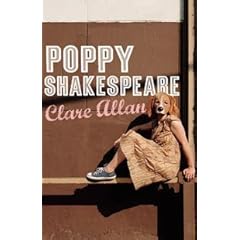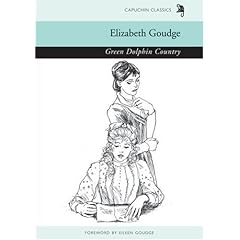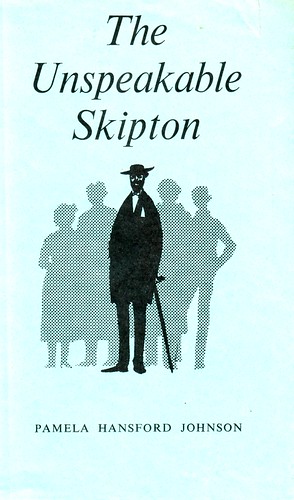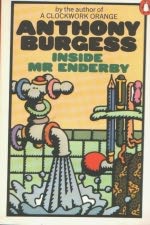
My reading of the epic Drood has inspired me to return to Dickens. I was afraid this would happen. I decided halfway through to jump over to Bleak House, though it would have made more sense to try The Mystery of Edwin Drood, since I could at least have pretended a scholarly motive.
So I’m reading Bleak House and Drood both at once, more or less, if that’s possible.
I sat outdoors this afternoon and couldn’t believe how gorgeous it was. Sun on steaming thawing mud: the mud is cold but the light was beautiful and warm and it was a preview of spring. I balanced my book, tea and sandwich on the soiled plastic table, which needs a shot or two of Windex: I pretend the table and chairs under the tree are our "Home Cafe." Coffee, tea, water: we have it all al fresco. Squirrels and dogs were running about the yard, birds were singing gently, and there was a fair amount of city traffic noise. The dog next door alertly watched me and occasionally barked to make sure I didn’t jump the fence into his back yard. That is his nightmare.
So...I'm loving reading about Lady Dedlock. Usually it’s Esther Summerson whom I find cleverest; she is sweet and witty...and I don’t understand people who consider her cloying, as does the character Wilkie Collins in Drood. But this time I’m fascinated by Lady Dedlock’s frozen bitterness and ennui, and it occurs to me that she’s more than the stick figure I dismissed her as before. That’s what is so great about Dickens. Every time you read him you find more.
I had expected a break from laudanum and opium scenes in Bleak House. But no. I was startled by the minor character Nemo’s death from an opium overdose, havingI completely forgotten this detail: Nemo, a figure from Lady Dedlock’s past, has fallen in the world, been reduced to earning his living a law writer (a copyist of legal papers), and dies an opium addict.
Why did I turn to Bleak House instead of the brilliant Our Mutual Friend? Bleak House is more likable. My busy mind told me the reading was overdue, because it’s as necessary to Dickensians to reread Bleak House constantly as it is to Austenites to read Pride and Prejudice. By the way, it strikes me as strange that there are so many sequels to Jane Austen books but so few to Dickens's.








